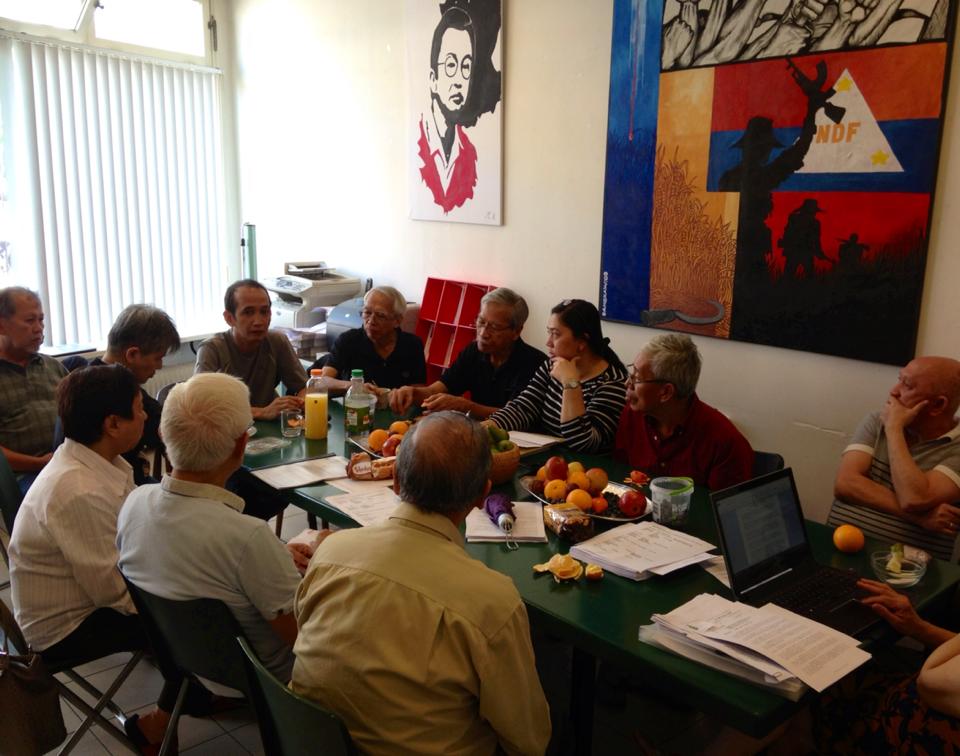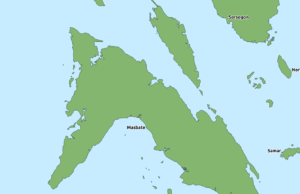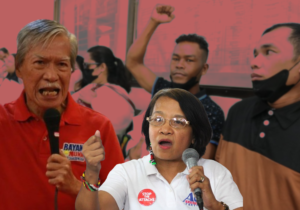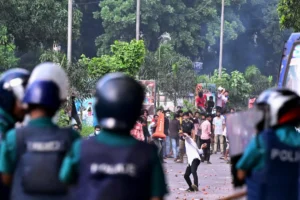Joma Sison book on GRP-NDFP peace negotiations launched 'NDFP always open to peace talks whoever is president'


“[The] NDFP is always open to peace negotiations with the GRP whoever is president. It was Duterte who terminated the peace negotiations in 2017…but if the incoming Marcos administration is willing to talk, why not?” said Communist Party of the Philippines (CPP) Founding Chairman Prof. Jose Ma. Sison when asked about the prospects of resuming peace talks during the launch of his latest book “On the GRP-NDFP Peace Negotiations” last June 28th in an online event organized by the NDFP International Information Office and the International Network for Philippine Studies (INPS).
The book “On the GRP-NDFP Peace Negotiations” is the ninth installment in the Sison Reader Series – a collection of publications compiling the best of Sison’s writings under specific themes in various periods. The book, Sison explained, chronicles his articles, letters and statements on the GRP-NDFP peace negotiations since the talks in 1986 following the downfall of the Marcos dictatorship and up to the most recent presidential elections where Ferdinand “Bongbong” Marcos Jr. was proclaimed winner despite massive electoral fraud.
In his remarks, Sison criticized Marcos Jr. as “lacking any moral authority for having been falsely elected to the presidency through the non-transparent and fraudulent automated election system manipulated by the tyrant Duterte and his cabal in the Comelec.”
Sison also added that “Marcos junior can dream about having a second chance of his dynasty to destroy the revolutionary movement but he ought to remember that this movement is now much bigger and stronger than when Marcos senior failed to destroy it.”
Prospects for the resumption of peace negotiations
“Right now, there are no indications that Marcos would like peace talks . Resuming peace negotiations is quite easy…by simply reaffirming the agreements that were previously agreed upon and signed by the two parties in the negotiations,” Sison added.
While Sison , who is NDFP peace panel chief political consultant, stressed the NDFP’s policy of openness to peace talks, he however noted the impossibility of resuming the negotiations amid the GRP’s current policy of all-out war. “There is nothing that the NDFP can do to resume the peace negotiations if the GRP insists on carrying out an all-out war policy,” Sison said.
“The Marcos fascist dictatorship never engaged the NDFP in peace negotiations and never succeeded in destroying the revolutionary movement. Instead, this movement of the people succeeded in expanding nationwide…ultimately causing the downfall of the fascist dictatorship,” Sison cautioned the incoming administration.
“Not a single post-Marcos regime ever spent a total of more than one year of attention to peace negotiations…Each of the post-Marcos regimes from Aquino to Duterte had the uniform objective of using the peace negotiations only for a few months and not for more than a year, as a means of lip service to the cause of peace, carrying out military surveillance, preserving the exploitative and oppressive ruling system and trying to maneuver the NDFP into a position of capitulation,” he added.
Peace negotiations as a ‘consistent strategy for peace, not a mere tactical ploy’
First Quarter Storm activist, and former desk editor for GMA News Online Pio Verzola in his book review noted how Sison’s writings attest the NDFP’s ‘diplomatic patience and nuanced optimism’ in its approach to the constantly changing socio-economic and political landscape of peace negotiations with the GRP since 1986. Verzola emphasized how the NDFP negotiating panel expertly navigated peace talks across successive post-Marcos regimes throughout the years maintaining its principled positions consistent with the objectives pursued by the revolutionary people’s movement in the Philippines.
In his review, Verzola explored the question on why revolutionary forces seek peace while at the same time pursuing people’s war. To answer the fundamental question he himself posed, Verzola quoted Sison’s arguments from the book saying that ‘a just and lasting peace is possible only if the Filipino people’s demand for national liberation and democracy is satisfied…it goes without saying that the national democratic revolution is at once the struggle for a just and lasting peace…be it through people’s war and/or peace negotiations.’
According to Verzola, the pursuit of peace through formal negotiations is aligned with what the people’s war aims to achieve and that “the NDF carries the same strategic line in waging the national democratic revolution and in pursuing just and lasting peace. It pursues a consistent strategy for the peace process and does not view the process as a mere tactical ploy.”
Status of belligerency as a basis for engagement
Atty. Lily Cruz, a lawyer who has provided legal advice throughout the GRP-NDFP peace talks also reviewed Sison’s latest book reflecting on legal concerns of the negotiations. Cruz reminded readers that the “recognition and rights of belligerency” is a “basis for engagement between the NDFP and the GRP.”
In international law, belligerency is defined as a condition of being engaged in war or conflict. Under the 1949 Geneva Convention Relative to the Treatment of Prisoners of War, ‘lawful belligerents’ also include ‘organized resistance groups’ which the NDFP represents in the case of peace negotiations with the GRP.
“When the status of belligerency is invoked, it triggers international law obligations. In consonance therewith, the NDFP precisely signed on and adheres to international humanitarian law instruments – laws of wars – in its conduct, even without reciprocity by the GRP,” Cruz added.
Cruz also stressed the importance of refusing to concede to the GRP’s lesser treatment of the armed conflict “as either rebellion, insurgency, or even terrorism.” She notes “Because the situation is ongoing and the process evolving, there are very few experts and scholars who have dared come forward with conclusive studies and predictions on the Philippine armed conflict, lest they be proven wrong in the long run.”
“As such, it falls upon Prof. Sison to set the tone and substance in the conversation. His evaluation of prospects of the GRP-NDFP peace negotiations at different points in the timeline are always canon and relevant,” Cruz ended. (NDFP International Information Office)










